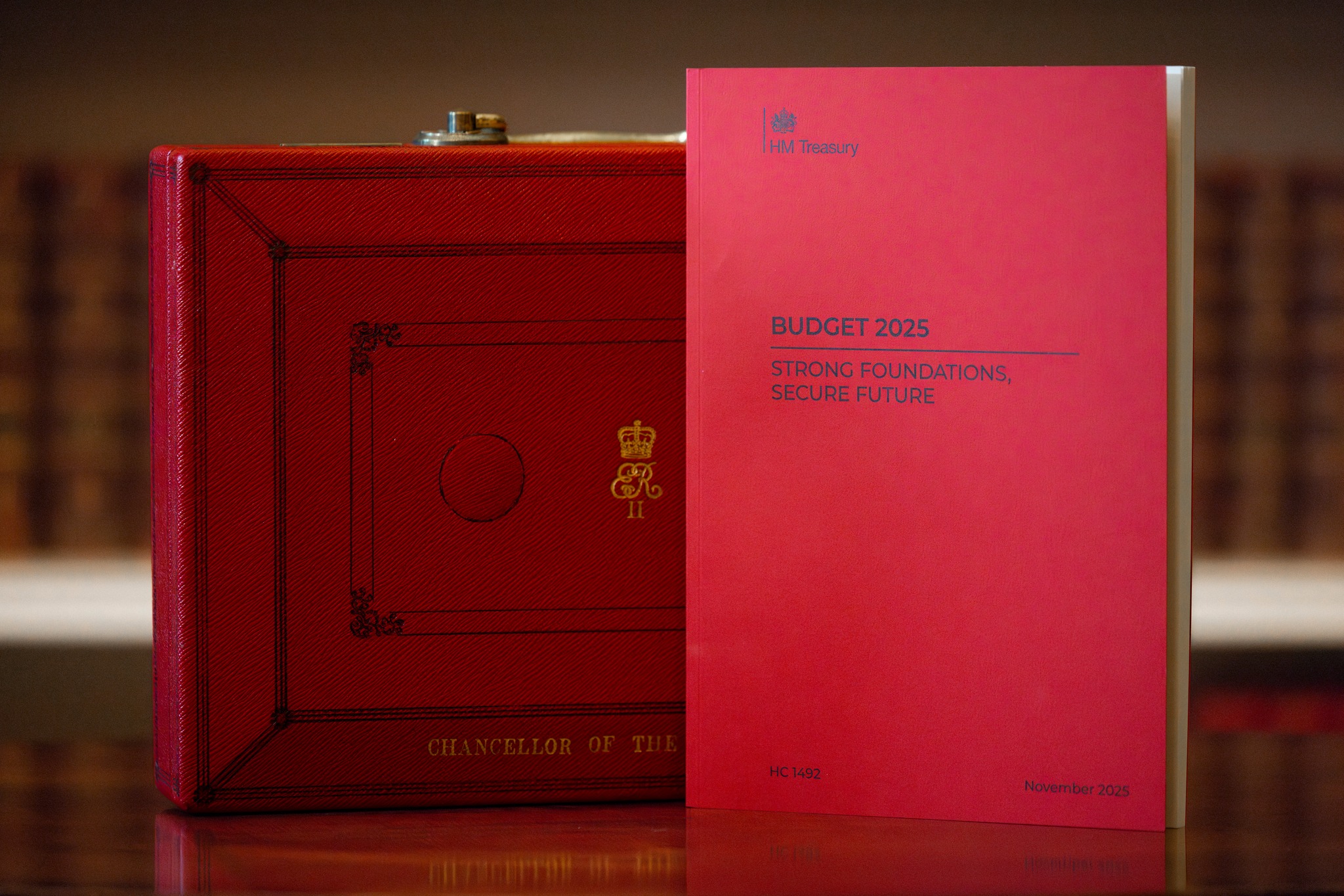Hospitality and the food industry have already changed greatly over the past five years because of the likes of Deliveroo and Uber Eats rising to prominence. The UK is producing a decreasing amount of goods as the service-based economy, including the hospitality sector, continues to grow.This article in the Guardian highlights that UK manufacturing is in recession, while a piece published a month before in the same media outlet, shows the service sector is expanding and helping to boost the British economy.To get a better idea of what the future will look like for the food industry, we’ll analyse five of the most important innovations which will shape the decades to come.The three key themes which are being looked at by the food and hospitality sectors are:
- Sustainability
- Convenience
- Health
These will all be included in the analysis of innovations below.
1. Food delivery and distribution
The hospitality sector has been radically transformed in the major cities around the world. This is partly due to companies like Deliveroo and other on-demand food delivery companies rising within the gig economy.Restaurants in London are now operating ‘Dark Kitchens’ in order to keep up with the demand for the dishes, and third-party booking platforms such as Design My Night and Welcome Table are being used to attract and retain new customers.
2. Food as medicine
The health and nutrition industry is rapidly growing and developing. As it does, new discoveries are being made about the importance of personalised diets based upon individual genetic makeup.It is already a well-known fact that people with conditions such as Crohn's disease and IBS can enjoy incredible benefits from following medically tailored meals, however, research continues to find that the needs of a generally fit human, may differ from another. It may therefore be possible to prescribe an individual a specific meal plan based on a DNA reading. Innovations like this could allow for the promotion of the healthiest life possible.
3. Food production and cultivation
Food production, in its current form, is unsustainable.According to this detailed and thorough report on the sustainability of global food production, agricultural production needs to increase by 70% globally and 100% in developing countries by 2050, in order to feed the growing population.So how will this be achieved as global fish stocks are already being depleted at an alarming rate, the planet’s soil is degraded due to over-farming and raising animals for slaughter is contributing to global warming?One of the big hopes of the future is that lab-grown meat becomes cheaper and easier to produce. This would mean that we could put a permanent stop to animal farming. Since 2013, the price of lab-grown meat has become 30,000 times cheaper as major businesses such as Memphis Meats and Tyson Foods have aimed to change the way meat is produced forever.The benefits of doing so would be astronomical, and would permanently alter the way the global food industry operates.
4. New technology
Blockchain technology will have a significant impact on the food industry, as health, safety, traceability, logistics, and transactions are innovated.Once the blockchain is integrated into global food supply chains, consumers and businesses selling food will be able to trace exactly where it has come from, and discoveries such as the 2013 horse meat scandal will therefore become a thing of the past.Other innovations will also have an impact on production and distribution, including;
- The use of drones to monitor and manage crops and livestock
- The use of big data to track food stock
- Intelligent irrigation helping crops grow
What does the future hold?
Securing the future of the food industry is critically important for our world as ever more mouths need feeding.It is estimated that there will be 10 billion people living on planet earth by 2050, so managing resources, maintaining an efficient global supply chain, and keeping people healthy will become more difficult if innovation is not prioritised.In an essay published in ‘Bring on the Apocalypse: Six Arguments for Global Justice’, George Monbiot said:“Every society is four meals away from anarchy. The slightest disruption of essential goods, coupled with the state’s failure to assert its monopoly of violence, is sufficient to persuade people to rob, threaten, even to kill. A violent response to scarcity affects even those in no danger of starvation.”This is going on in the poorer parts of the world right now; it is a reality, not a prediction.However, looking at the innovations in the food and hospitality sector currently being worked on, there is certainly hope for a more productive future, where everybody has access to healthy and plentiful food.
FAQs

Can we help your business?
Book a free consultation with our expert R&D funding advisors today. We specialise in helping innovative businesses like yours unlock millions in government funding, specifically allocated to fuel your innovation. Let us help your business access the support it deserves.









.svg)


